Jamie Oliver finds out the hard way over Australian kids book
I haven’t read Jamie Oliver’s controversial new kids book in its entirety, but that’s OK. It seems like he hasn’t either. The celebrity chef is now in the ignominious position of having to apologise for his ghostwriter.
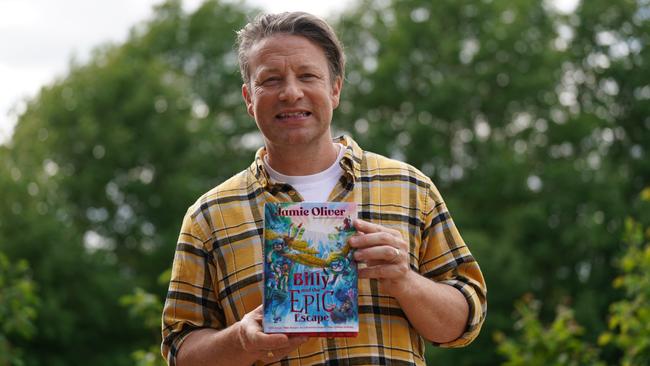
I haven’t read Jamie Oliver’s controversial new kids book in its entirety, but that’s okay. It seems like he hasn’t either.
Oliver’s team says he “wrote” it last year, but please understand: he wrote it the way Britney Spears makes her own perfume, by which I mean, he didn’t.
He did what so many “celebrities” are now doing: he put his name on the front, in the hope of making a buck.
At best, he approved the book (or maybe his people did?).
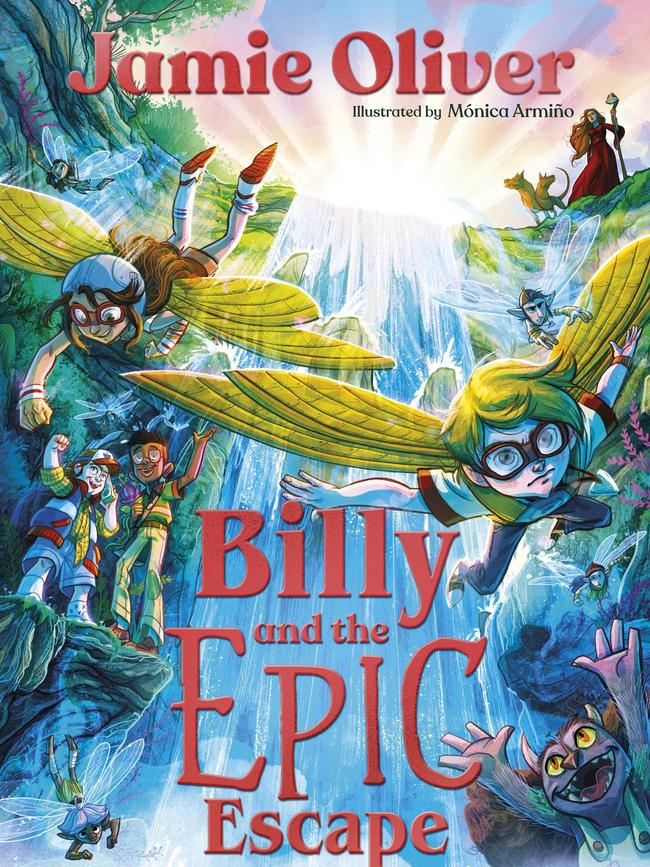
Either way, the celebrity chef is now in the ignominious position of having to apologise for something his ghostwriter said.
In case you missed it – you can’t have missed it; the story has been everywhere – his book, Billy and the Epic Escape, includes a chapter called To Steal A Child, in which an Indigenous girl is stolen from her community.
As Sue-Anne Hunter, a Wurundjeri educator, explained on social media, it’s insensitive to “include themes of child stealing” in Australia, given the “painful, historical context of the Stolen Generations”.
Oliver, who happened to be in Australia over the weekend promoting a new cookbook, agrees. He was said by those who saw him offstage on Saturday night to be genuinely distraught, and he and his team were well within their rights to pull the book from sale, which they have now done.
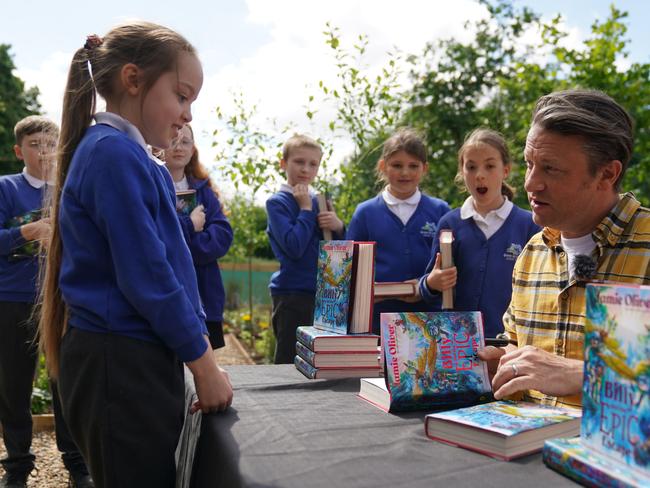
So, this isn’t a story about yet another author being cancelled, or yet another book banned.
It’s a story about cultural sensitivities, and demarcation.
Oliver’s UK publisher put the book into shops. It is hard to see an Australian publisher making the same mistake.
It’s pretty much accepted in Australia these days that no book can be written about Indigenous Australians without Indigenous input.
The same rules apply to Australian filmmaking. “First Nations First” is a key part of the Albanese government’s cultural policy. Never would Patricia Wrightson’s award-winning children’s books, such as The Crooked Snake, or The Bunyip Hole, based on Dreaming stories, get published today. She may have been well-intentioned, but she was white.
The impact on this policy on, say, the teaching of Australian history will not be apparent for a generation.
In the meantime, there’s an issue at least as important: children’s books aren’t like perfume, or bed sheets. They are precious parts of the culture. Australian kids for generations have been seduced into reading by parents who sat with them to read sublime picture books such as Possum Magic, Who Sank The Boat and Hairy Maclary, each of which was created with love and care by talented writers and illustrators.
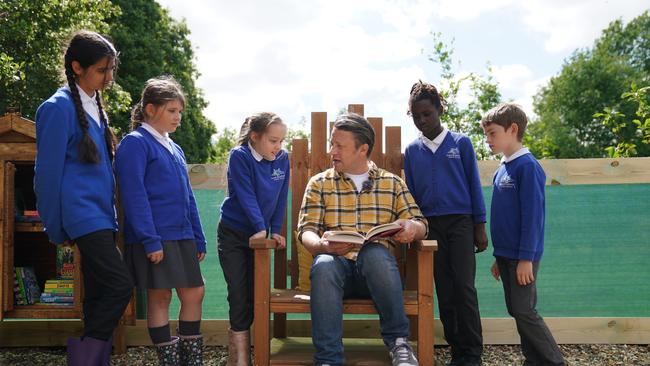
They sell like the proverbial hot cakes, which explains why celebrities want a piece of the action. It’s a lucrative market. But beware: most celebrity kids books are awful. Don’t take my word for it. You can still find snippets of Oliver’s book online, and it’s dross. Maybe the publishers didn’t care, because there was a dollar to be made. But in terms of encouraging kids to read, swapping out chefs for storytellers? Excuse the cooking cliche, but that sounds like a recipe for disaster.


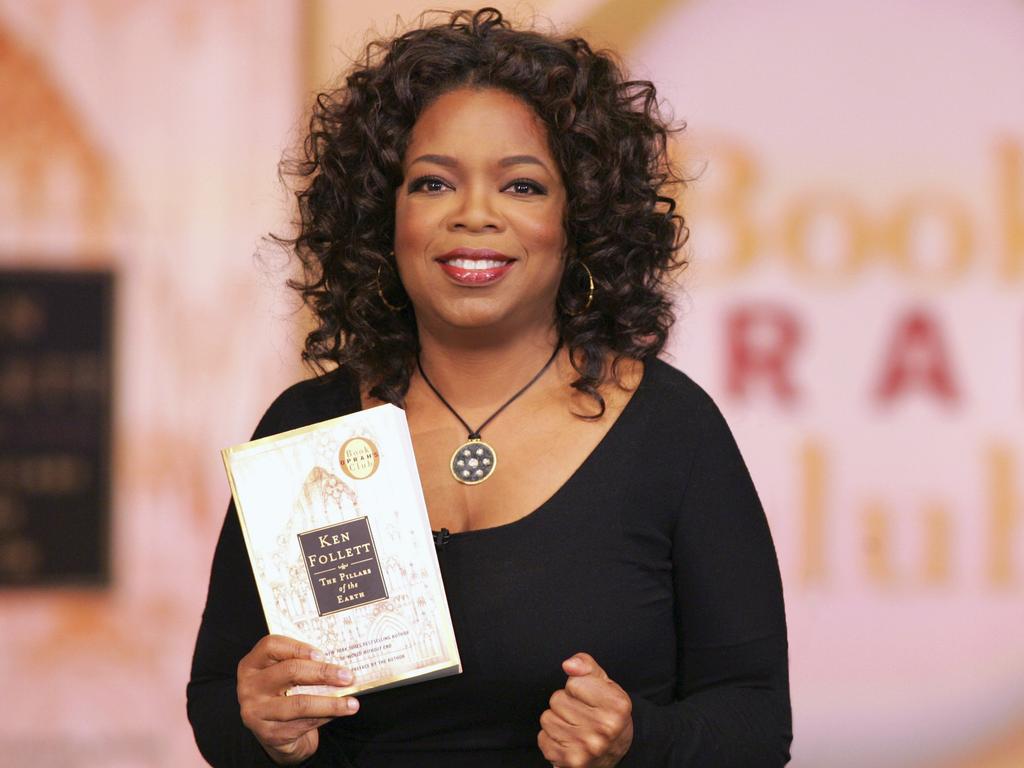
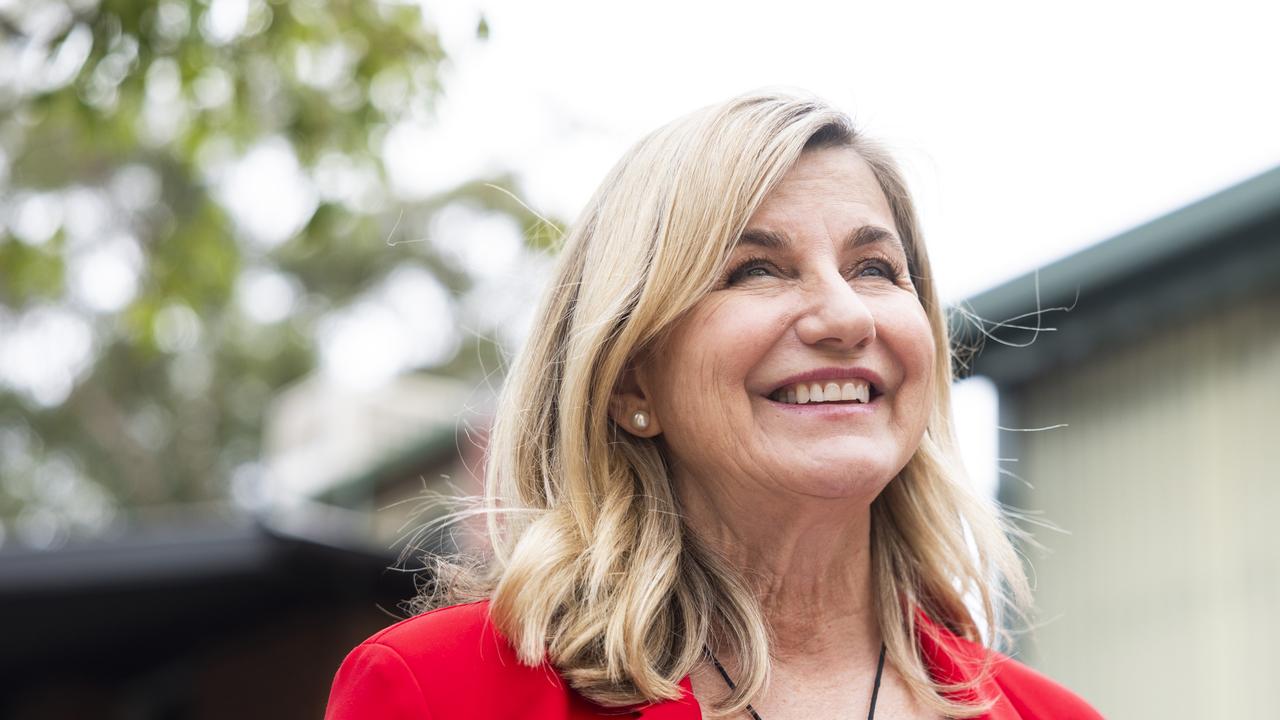
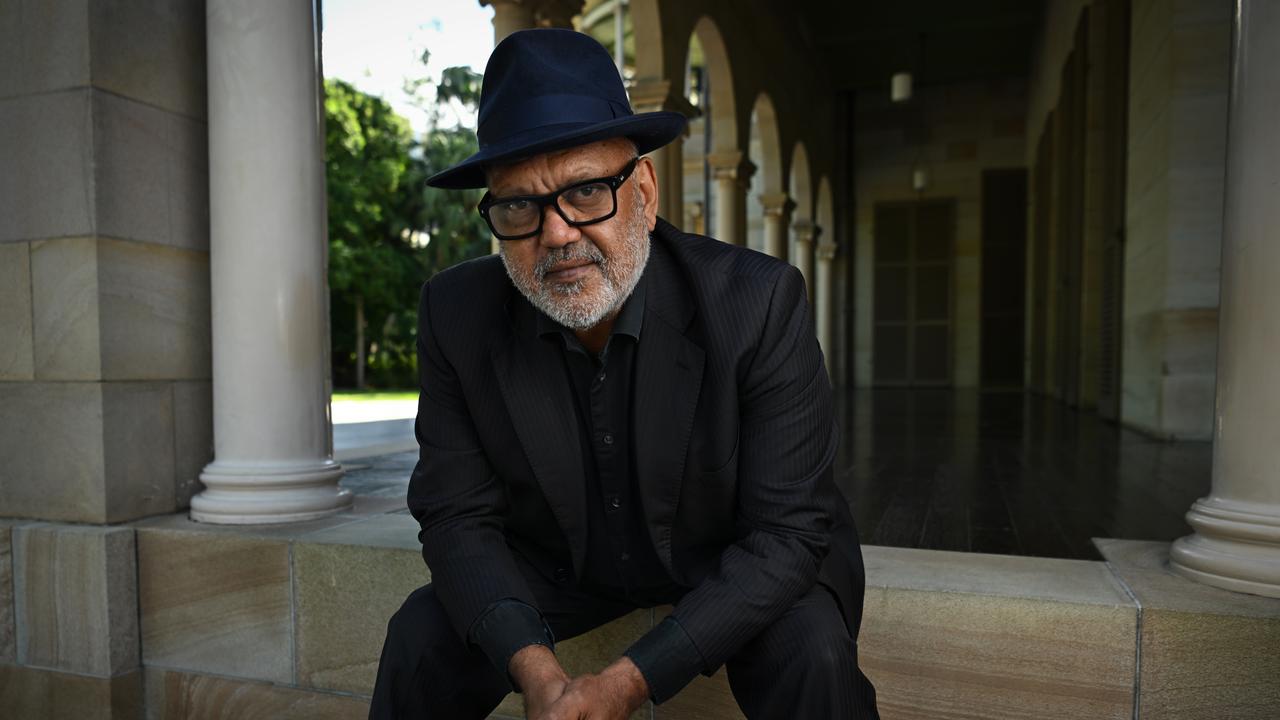
To join the conversation, please log in. Don't have an account? Register
Join the conversation, you are commenting as Logout